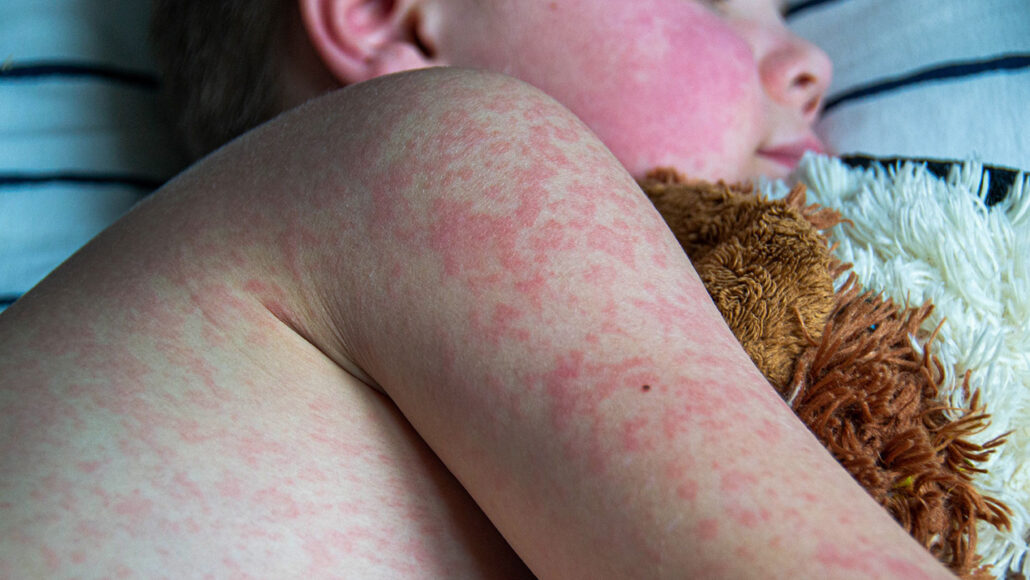
Health & Medicine
With measles outbreaks in 49 countries, should you worry?
By March, the United States had more measles cases than in all of 2023. It was part of a global trend. The way to halt measles’ spread: vaccinations.
Come explore with us!

By March, the United States had more measles cases than in all of 2023. It was part of a global trend. The way to halt measles’ spread: vaccinations.

Weekly updates to help you use Science News Explores in the learning environment
Thank you for signing up!
There was a problem signing you up.

Researchers are still making new discoveries about how our fingerprints form — and how to use them to solve crimes.

These special memory cells were present in people with allergies and absent in those without.

Science reveals the many reasons we are so distracted, from poor sleep and social media to diet and exercise. It also shows us how to take back our focus.

Autism is not a disease, but a description used to characterize a certain type of brain development.

The U.S. government wants to protect young social media users from exploitation, bullying and more. The companies should play a role in this, it says.

Writing with a pen — but not typing — boosted links between regions used for motion and memory. That may help explain why writing fosters learning.

Flint, Mich., residents still show health impacts long after a switch in their drinking-water source exposed them to toxic lead and other pollutants.

Activism, social media and public education are helping residents in the aftermath of the water crisis in Flint, Mich.

Lead has been linked to lower IQ, behavior problems, mental-health disorders, strokes and more health impacts. There are ways to reduce your exposure.